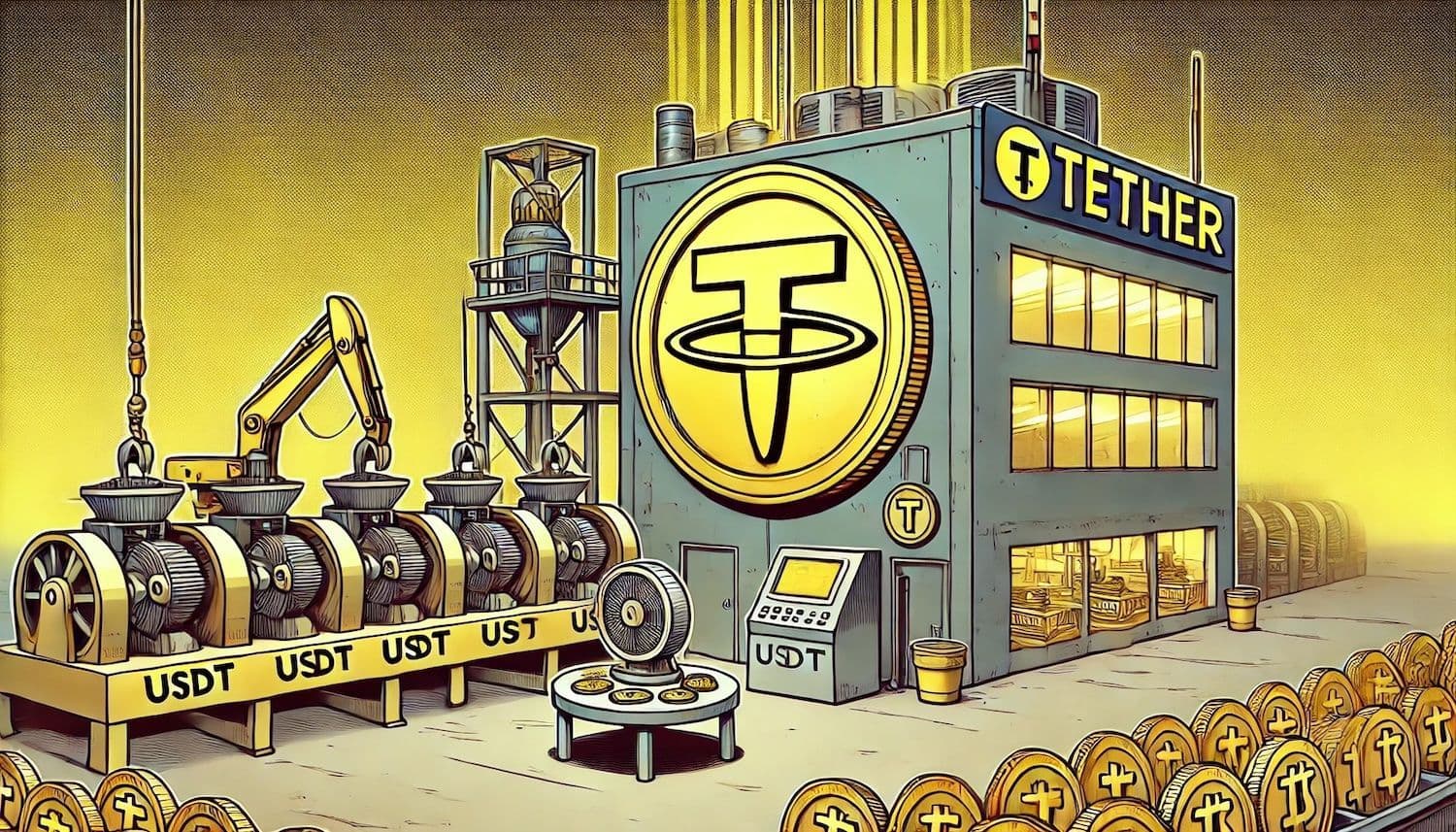Tether Holdings, the big cheese behind USDT, has ditched plans to launch its own blockchain. The move comes as the market bursts at the seams with existing chains.
Paolo Ardoino, Tether's CEO, spilled the beans to Bloomberg News. He reckons the market's already jam-packed. "We're tech whizzes, but blockchains will be a dime a dozen soon," Ardoino quipped.
The stablecoin giant's decision stems from supply and demand principles. Ardoino pointed out that several top-notch blockchains already exist.
USDT, with a $117 billion market cap, is a key player in global crypto trading and remittances. Tether's deep pockets could've easily funded a new blockchain.
But market data backs their choice to hold off. DefiLlama shows the top five chains control about 86% of total locked assets across 306 chains.
Ethereum leads the pack. It boasts $87.7 billion in total value locked (TVL) out of $133.2 billion across all chains.
TRON isn't far behind. It manages $8.1 billion in TVL and supports 49% of USDT's supply.
Blockchain success hinges on speed, low fees, use cases, and security. Ethereum's dominance stems from its first-mover advantage and flexibility for developers.
The blockchain world has evolved into a multichain environment. Developers and issuers spread their activities across various platforms.
Tether's focus remains on USDT's security and sustainability. "For us, blockchains are just transport layers," Ardoino stated.
Concerns about USDT's backing assets persist in the crypto world. A recent UN report flagged Tron's popularity in cyber fraud and money laundering in Southeast Asia.
Tether has dismissed these claims. They stress their cooperation with law enforcement and token traceability.
Earlier this year, Tether partnered with Fuze to boost digital asset education in Turkey and the Middle East. The duo aims to tackle various aspects of digital asset education.
In July, Tether introduced a new payment option in the Philippines. It allows people to pay social security contributions using USDT.
The SSS is a state-run social insurance program. It supports employees in both formal and informal sectors.



